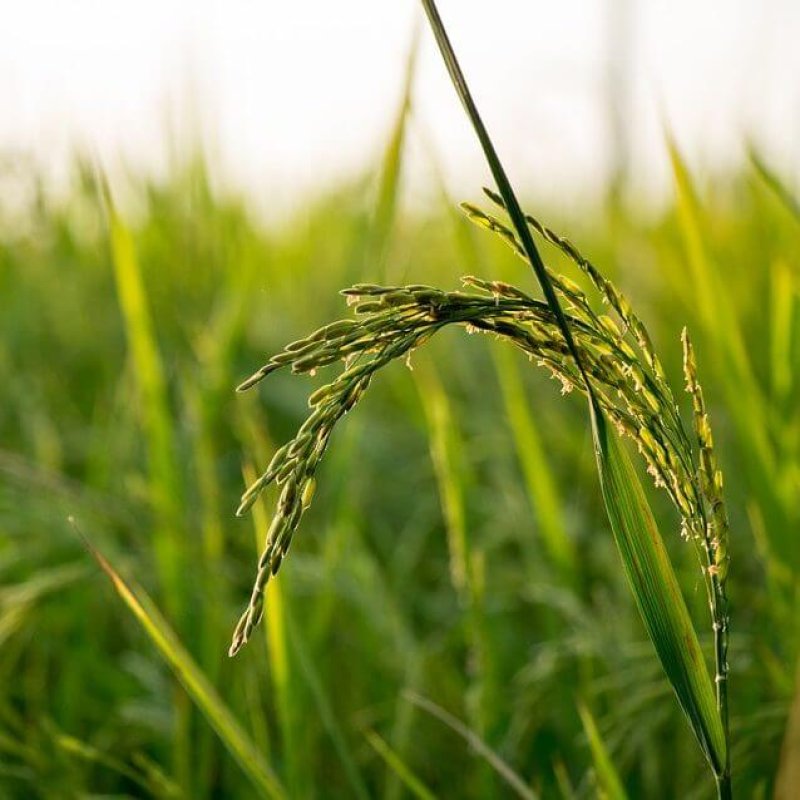African Oryza glaberrima and Oryza sativa landraces are considered valuable resources for breeding traits due to their adaptation to local environmental and soil conditions. They often possess superior resistance to endemic pests and tolerance to drought and nutrient deficiencies when compared to the “imported” high production Asian rice varieties.
In contrast, “domestication traits” such as seed shattering, lodging, and seed yield are not well established in these African landraces. Therefore, the use of these African varieties for high production agriculture is limited by unpredictable yield and grain quality.
…
Importantly, our data show that the accelerated domestication approach by simultaneously stacking multiple mutant combinations through CRISPR-Cas technology provides a means for rapid domestication of African landraces that have traits making them more suitable for sustainable agriculture.
Interestingly, by applying the latest CRISPR mediated base-editing technologies it will not only be possible to obtain harvest increases by knocking out negative regulators of yield, as shown in this study, but it will also allow the introduction of any kind of favorable mutation. Altogether if these tools can be introduced in plant cells, they will empower fast adaptation of orphan and neglected crops to facilitate their use in modern high yielding agriculture practices.
Our study provides an example of how new breeding technologies can accelerate the development of highly productive African landrace rice varieties, an important advancement considering that Africa is a hotspot for worldwide population growth and therefore prone to food shortage.































